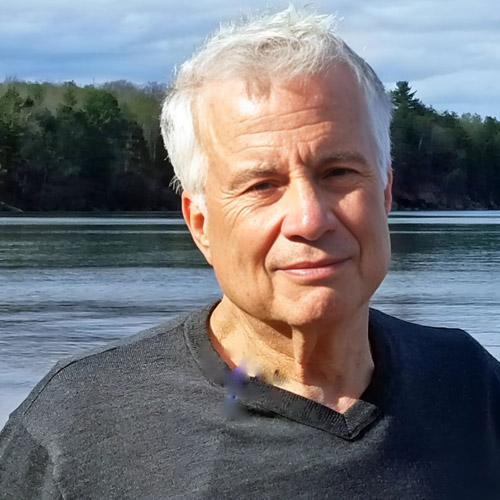ABPPSP: Police Use of Force: What Psychologists Need To Know
Presented by: Mark Zelig, PhD, ABPP

This on-demand professional training program on Police Use of Force: What Psychologists Need to Know is presented by Mark Zelig, PhD, ABPP in partnership with the American Board of Police and Public Safety Psychology (ABPPSP).
In the past two years, North American law enforcement agencies have received considerable scrutiny because of several well-publicized incidents of excessive force, especially toward various minority and cultural groups. Presented by a psychologist who has 25 years of experience as a sworn police officer, this program reviews the existing "force" science, the relationship between implicit biases and force deployment, and identifies areas in which psychological science can help law enforcement increase the safety of police officers and the citizens whom they serve.
Note: The presentation displays videos of use-of-force encounters. This may be stressful to some participants.
Upon completion of this training, participants will be able to:
Key topics covered in this training include:
Context and Public Scrutiny
-Recent high-profile incidents of excessive force
-Impact on minority and cultural groups
Review of Force Science
-Overview of existing research on use-of-force dynamics
Implicit Bias and Force Deployment
-Examination of how implicit biases influence use-of-force decisions
Psychological Science and Public Safety
-Ways psychology can contribute to safer practices for officers and civilians
Content Advisory
-Presentation includes videos of real use-of-force encounters
-Potentially distressing material for some participants

We are proud to partner with The American Board of Police and Public Safety Psychology (ABPPSP) for this training. ABPPSP became a fully affiliated specialty board of the American Board of Professional Psychology (ABPP) on October 21, 2011. Police and Public Safety Psychology is concerned with assisting law enforcement and other public safety personnel and agencies in carrying out their missions and societal functions with optimal effectiveness, safety, health, and conformity to laws and ethics. It consists of the application of the science and profession of psychology in four primary domains of practice: assessment, clinical intervention, operational support, and organizational consultation.
Palo Alto University, Continuing & Professional Studies (CONCEPT) is approved by, recognized by, or maintains sponsorship provider status with the following boards and agencies. We maintain responsibility for all content in our CE/CPD programs. For more information, visit here.
American Psychological Association (APA): Approved sponsor of continuing education for psychologists.
Association of Social Work Boards (ASWB): Approved continuing education provider (ACE program, Provider #1480), 11/22/2023–11/22/2026.
Canadian Psychological Association (CPA): Approved to sponsor continuing education for psychologists.
National Board for Certified Counselors (NBCC): Approved Continuing Education Provider (ACEP No. 7190).
Palo Alto University, Continuing and Professional Studies (CONCEPT) is approved by the American Psychological Association to sponsor continuing education for psychologists. Palo Alto University, Continuing and Professional Studies (CONCEPT) maintains responsibility for this program and its content. Palo Alto University, Continuing and Professional Studies (CONCEPT), is approved by the Canadian Psychological Association to offer continuing education for psychologists. Palo Alto University, Continuing and Professional Studies (CONCEPT), SW CPE is recognized by the New York State Education Department’s State Board for Social Work as an approved provider of continuing education for licensed social workers #SW-0356 and the New York State Education Department’s State Board for Mental Health Practitioners as an approved provider of continuing education for licensed mental health counselors. #MHC-0073. Palo Alto University, Continuing and Professional Studies (CONCEPT) has been approved by NBCC as an Approved Continuing Education Provider, ACEP No. 6811. Programs that do not qualify for NBCC credit are clearly identified. CONCEPT Professional Training, #1480, is approved to offer social work continuing education by the Association of Social Work Boards (ASWB) Approved Continuing Education (ACE) program. Organizations, not individual courses, are approved as ACE providers. State and provincial regulatory boards have the final authority to determine whether an individual course may be accepted for continuing education credit. CONCEPT Professional Training maintains responsibility for this course. ACE provider approval period: 11/22/23-11/22/26. Social workers completing this course receive (clinical or social work ethics) continuing education credits.